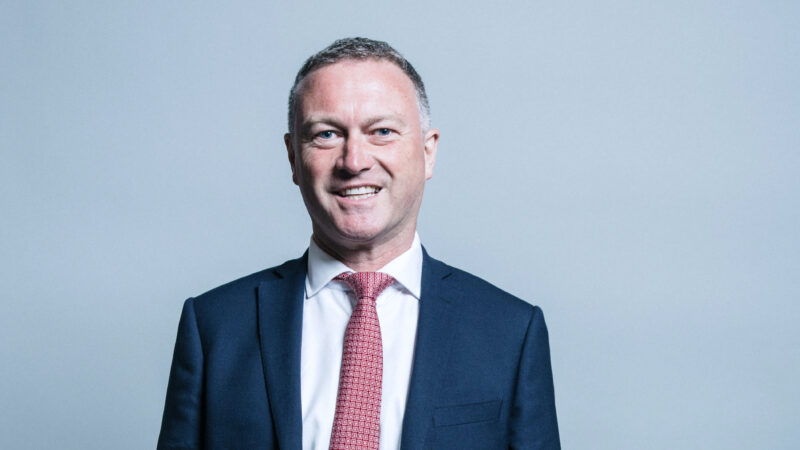
The Conservatives have trashed our criminal justice system. After 13 years of failure, victims wait years for a trial because of the biggest courts backlog on record. Criminals are getting off scot-free at a record rate because there aren’t enough police to prosecute them.
Prosecution rates are now so low that crimes as serious as robbery, burglary, fraud, and even rape have effectively been decriminalized. Barely one in every hundred reported rapes is ever prosecuted, a shocking decline from just a few years ago.
It’s no exaggeration to say the Conservatives have waved the white flag to criminals and abandoned victims.
Our broken criminal justice system fails to break the cycle of offending and reoffending. Eight out of ten crimes are committed by someone who has offended before. Criminals are coming into contact with the criminal justice system, but it’s not stopping them from offending again.
This isn’t surprising when, under the Conservatives, so many offenders leave prison addicted to drugs, more violent than when they went in, unlikely to receive adequate rehabilitation to stop them reoffending, and in many cases are being discharged from prison with a tent and left to sleep on the streets instead of leaving with a structured resettlement plan.
The Conservatives’ approach does not stop criminals, it breeds them.
Tackling crime is about social justice. Poorer communities are more likely to suffer from high levels of crime, and poorer and vulnerable people are more likely to be victims of crime. Labour can only create a fairer country if we cut the crime that blights too many lives.
The next Labour government will prevent crime, punish criminals and protect communities. That is what the public expects a functioning criminal justice system to do.
To achieve this, we must reform our criminal justice system from end-to-end, cut the backlogs and speed up justice for victims. But we must also tackle crime at source.
Thirty years ago, Tony Blair declared he would be “tough on crime, tough on the causes of crime.” He was right. But it’s time to update that approach to fit the modern world.
We understand so much more today than three decades ago about the impact of trauma in early childhood. A child’s emotional and cognitive development can be profoundly affected by traumatic experiences such as growing up with a drug-addicted parent who’s unable to offer the stability, boundaries and love they need.
A young child’s sense of right and wrong can be affected by witnessing – or being the victim of – violent or sexual abuse in their home. Trauma like this can affect a developing young mind, normalise aggression or distort their sense of right and wrong. That trauma can take hold and find expression later in life in criminal behaviour that puts other people and their communities in danger.
In so many cases – whether it’s low-level antisocial behaviour up to the most serious forms of crime against the person – you can trace an offender’s criminal behaviour back to childhood trauma. This doesn’t excuse criminal behaviour – every adult is responsible for the choices they make, and criminals should be punished. But we must change a system that fails to stop offenders when it has the means at its disposal.
It’s best to tackle that trauma very early in life. But it can still be tackled if the young person starts offending, or even in court, in prison, or in probation services. That’s how we can break the cycle of crime for good and steer a life back on track.
Labour will create the world’s first ‘trauma-informed’ criminal justice system; which means reforming the system to use learning from the science of childhood trauma to ensure we support families and schools where children are most at risk of offending by intervening to tackle trauma at source.
We will work with the courts, youth offending institutions, prisons and probation to cut reoffending by tackling the deep-rooted trauma that often lies behind it.
We know this works. The best Labour councils, such as Camden, already work with families to tackle trauma as part of steering young lives back on track. In New Zealand and parts of the US, prisoner reoffending has been cut dramatically by tackling the legacy of early childhood trauma.
Keir Starmer has set out a cross-government mission to make Britain’s streets safer. To achieve that, we will engage across government – from supporting struggling families, education, mental health, housing, as well as the criminal justice system – to cut crime by tackling its root causes.
The next Labour government will be tough, effective, and humane. That’s how we will make Britain’s streets safe again.




More from LabourList
Reeves bets on patience over populism
‘Energy efficiency changes must work for older private renters’
‘Labour’s creative destruction dilemma’